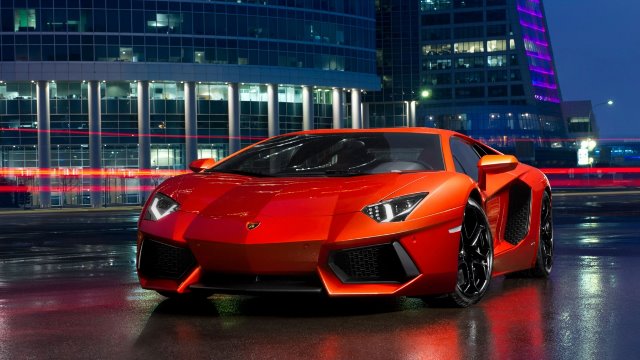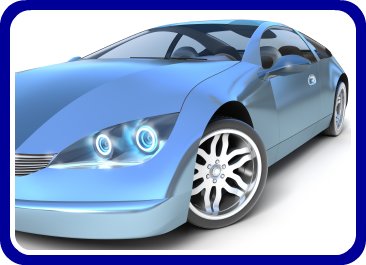Hybrid-Vehicles: Fuel Efficient, Earth Friendly. These are the Vehicles of the Future
An important factor for the manufacturing of Hybrid-Vehicles has been the concern over climate change, pollution, and the cost of fuel. So by using hybrids we can reduce our reliance on imported petroleum, increase our energy security, and also reduce green house gas emissions. These vehicles also referred to as Hybrid Electric Vehicles or Plug-in-Hybrids, usually operate on two or more power sources.
Hybrid-Vehicles

The Hybrid Electric (HEV) has no need to be plugged into an electric outlet because it is powered by an internal combustion engine that uses conventional or alternative fuels such as gasoline, diesel, or bio-fuels and a battery powered electric motor(generator). The batteries are charged by regenerative braking, coasting, and idling by converting the vehicles kinetic energy into electric energy.
Plug-in-Electric Vehicles (PHEV) can be plugged into the home electricity and the electric grid for charging their batteries, very much like the All-Electric Vehicles. These Plug-In-Electrics have both an electric motor and an internal combustion engine, but because they mostly rely on electrical power they can have a strong fuel-cost advantage.
Hybrids have advantages over conventional vehicles because of their lower operating and maintenance costs, and they can have quite an impact on the environment by reducing fuel consumption and cutting pollutants causing carbon dioxide emissions in half.
Fuel Cell Hybrids are Electric Hybrids that use fuel cells and electric batteries for their power source, and when the batteries are depleted the fuel cells use Hydrogen to power them. The use of fuel cells and electric batteries which are both power sources, makes these vehicles Hybrid Vehicles.
The different types of hybrid designs depend on the structure of the drive train, fuel type, and the operation mode of the vehicle. Hybrid Electric Cars, Hybrid Electric Trucks (light) and (heavy), and buses are the most used form of (HEVs).
Concerns
Some of the concerns have been the batteries used in Hybrid-Vehicles which could cause some environmental damage, but to-days batteries are much safer and a lot more efficient. For example, the Lithium-ion battery is much smaller and lighter in weight and has improved charge efficiency without memory effect, this is to protect the environment.
Another concern of the Hybrid Vehicles are the reduced noise emissions that can be beneficial to many but can be hazardous to blind and deaf people, and also to cyclists and pedestrians. To-days many hybrids emit synthesize sounds making them sound more like conventional vehicles, thus making them much safer.
Some hybrid automobile manufacturers are: Honda, Ford, Toyota, Lexus and Hyundai. Since the end of October(2012), more than 5.8 Million Hybrid-Electric Vehicles have been sold. To encourage the purchase of HEVs, several Countries are giving Incentives and Eco Taxes.
Predictions are that hybrids will dominate new car sales in the U.S., and elsewhere over the next 10 to 20 years. In the near future, we could also hear a lot more about Solar and Wind-Powered Electric Vehicles.
For more info see Electric-Hybrid-Vehicles
See also Plug-in Hybrids and Alternative Energies

Questions or Comments?
Please use Contact Form below...


